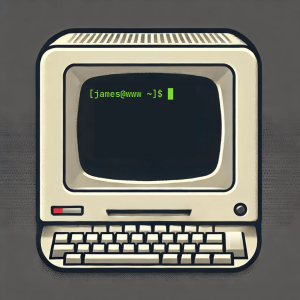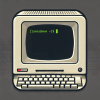If you're using a laptop, you probably don't have a discrete GPU—not if you care about battery life. But you probably still want to play videos without dropping frames. All laptops ship with some form of integrated graphics on the CPU, and the vast majority of modern (and even not-so-modern) CPUs support some level of hardware decoding. Here's a good place to start to get hardware decoding working.
View Article
Firefox allows the user to create a userContent.css file that it loads for every page. The trick, however, is that you write CSS queries that only act on certain domains/websites/webpages to redesign it at will. Think of it like going into the Developer Options and changing some CSS rules, but this way, they stick every time you browse to that webpage again.
View Article
Navigate to /usr/lib/firefox and create autoconfig.cfg and defaults/pref/autoconfig.js.
View Article
This article explains how to download web novels from syosetu.com for offline viewing.
View Article
Sandreas (Andreas Fuhrich) has developed two tools for audiobook mastering, tagging, and manipulation.
The first is m4b-tool, which is the older but mature tool which will eventually be replaced by tone.
m4b-tool can create an m4b file from a folder of audio files and optionally add metadata, including a cover, description, title, narrated by tag, etc.
Here's how I use it—I put all my audiobook chapters inside a folder, copy the cover.jpg file there too, and copy the description into a description.txt file. Then I run m4b-tool on the directory:
View Article
ffmpeg -i "concat:01 audio file.mp3|02 audio file.mp3|03 audio file.mp3" -acodec copy final-combined-file.mp3
View Article

